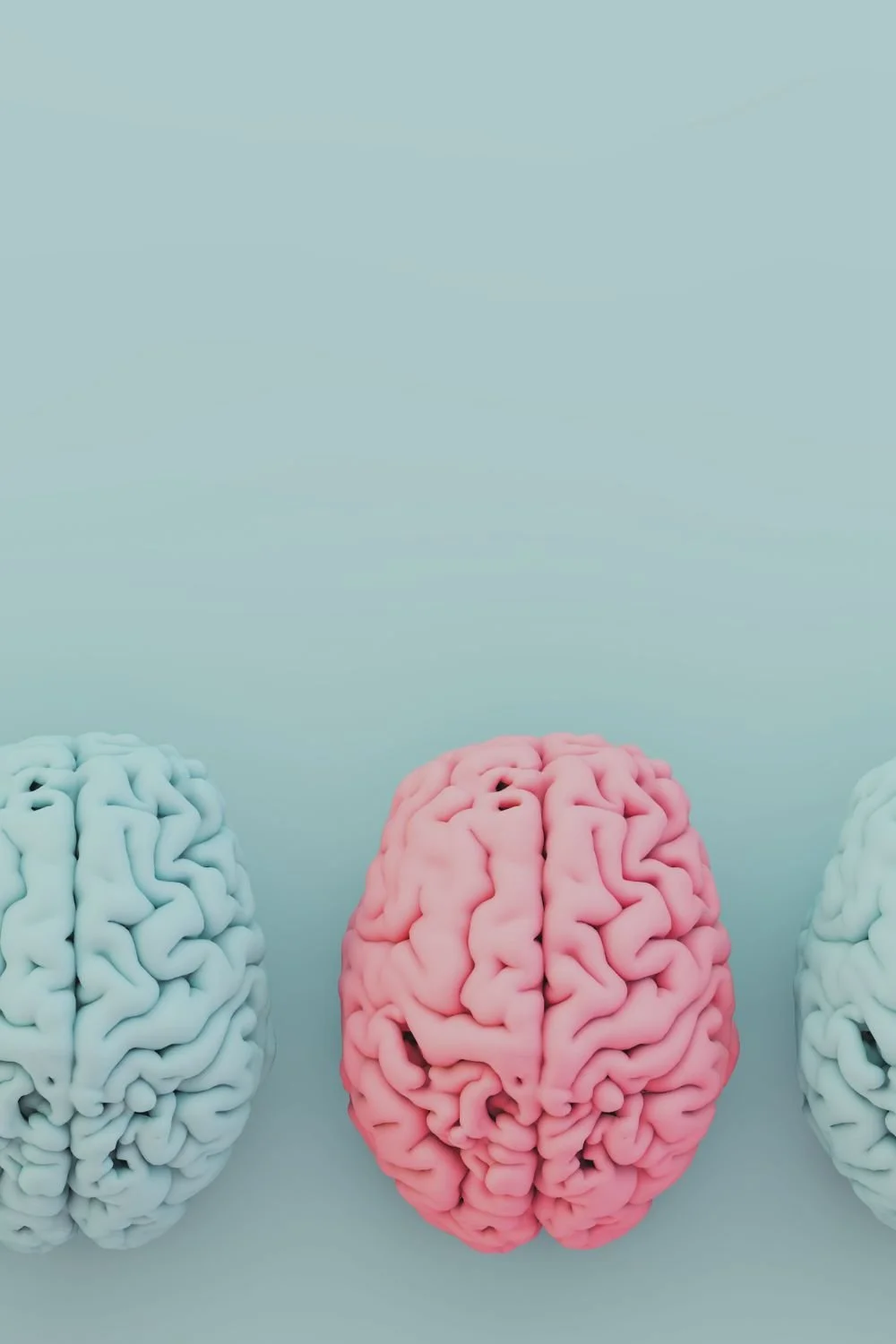Patients who suffer from post-traumatic stress disorder (PTSD) are plagued with flashbacks, arousal dysfunctions, and avoidance symptoms. Unfortunately, there are few treatments that effectively treat all of PTSD’s symptoms. Research presented at the Society for Neuroscience suggest that ketamine may aid in ridding patients of fearful memories at the root of this disorder.
The capability of our brains to form a fear memory associated with a situation that predicts danger is highly adaptive since it enables us to learn from our past traumatic experiences and avoid those dangerous situations in the future.
A landmark 2000 study demonstrated ketamine’s rapid antidepressant properties on patients with treatment-resistant depression, a surprising discovery considering that most antidepressant drugs affect the serotonin system while ketamine does not.
Since then, researchers have tried to understand how ketamine works, and they have discovered that ketamine influences the neurotransmitter glutamate. Glutamate, a mediator of excitatory signals in the brain, majorly contributes to learning and memory. PTSD is characterized as an issue with learning and processing, particularly being unable to extinguish memories. Therefore, Neil Fournier at Yale University School of Medicine wondered if it may aid in treating PTSD. Fournier conjectured that because glutamate is important in forming memories and that 30-40% of PTSD patients also have depression, ketamine may be an important treatment.
Ketamine works via the glutamate pathway. Glutamate is one of the most prominent neurotransmitters in the brain and regulates large regions of the nervous system. Overactivation of glutamate receptors may lead to long-term depression, and Ketamine works by blocking these glutamine receptors. Ketamine is also a powerful anti-inflammatory medication.
To test his theory, Fournier and colleagues studied rats using classic fear conditioning. The rats were conditioned to associate an electric shock with a auditory cue. The rats began to exhibit a fear response every time the sound was played, freezing in place. The researchers then played the sound but without the electric shock, and over time, the rats stopped associating the sound with pain. However, within 24 hours, rats treated with ketamine exhibited significantly lower freezing behaviors compared to placebo treated rats. This suggests that the ketamine helped extinguish the traumatic memory.
Researchers from Icahn School of Medicine in Mt. Sinai, New York took this concept further and studied the use of ketamine in humans with PTSD. After one ketamine infusion, researchers found a significant reduction in PTSD symptoms with minimal side effects. (Learn more on our blog post here.)
Repeated intravenous (IV) ketamine infusions significantly reduce symptom severity in individuals with chronic post-traumatic stress disorder (PTSD) and the improvement is rapid and maintained for several weeks afterwards, according to a study conducted by researchers from the Icahn School of Medicine at Mount Sinai. The study, published September XX in the American Journal of Psychiatry, is the first randomized, controlled trial of repeated ketamine administration for chronic PTSD and suggests this may be a promising treatment for PTSD patients.
Ketamine is a cutting-edge treatment for PTSD so scientists and physicians still have questions regarding how exactly ketamine affects the brain, calling for further study and research.










This blog explores whether repeated ketamine infusions are safe over time, plus stresses the importance of communicating with your provider about any potential side effects.